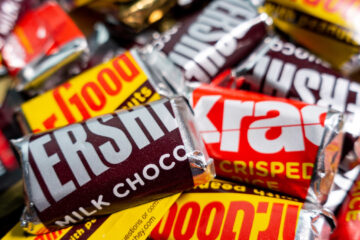Facebook must face the government’s monopoly lawsuit that alleges it has abused its social media dominance to stifle competition, a judge has ruled.
Facebook now known as Meta Platforms (FB) – Get Meta Platforms Inc. Class A Report is being forced to face off against the U.S. Federal Trade Commission, which on Tuesday got a thumb up to move forward with an antitrust lawsuit against the social media giant after previously being told it didn’t have enough evidence.
In an opinion released Tuesday, District of Columbia Judge James Boasberg said that the FTC’s first complaint against Meta had “stumbled out of the starting blocks,” but that a revised version makes the same arguments with facts that are “far more robust and detailed than before.”
As a result, Boasberg denied Meta’s motion to dismiss the FTC’s case, allowing it to proceed, although he noted in his decision that the agency “may well face a tall task down the road in proving its allegations.”
The FTC claims that the social media giant had wielded its monopoly power and used a “buy-or-bury” strategy when it purchased the apps Instagram and WhatsApp. Boasberg last year dismissed the case for what he said was lack of evidence, though felt the FTC “cleared the pleading bar” in its second go-around against Meta.
Amazon Is the Latest Corporation to be Fined for Anticompetitive Practices (TV-G; 1:08)
For its part, Meta has argued that the agency has never provided evidence that proves there is a “basis for alleging monopoly power.”
“Today’s decision narrows the scope of the FTC’s case by rejecting claims about our platform policies,” Meta spokesperson Chris Sgro said. “We’re confident the evidence will reveal the fundamental weakness of the claims.
“Our investments in Instagram and WhatsApp transformed them into what they are today. They have been good for competition, and good for the people and businesses that choose to use our products.”
Politicians including Sen. Elizabeth Warren have staunchly begged to differ, arguing that companies that Meta, as well as Alphabet-owned Google (GOOGL) – Get Alphabet Inc. Class A Report and Amazon (AMZN) – Get Amazon.com, Inc. Report are too big and stifle competition.
The Italian government last month slapped Amazon with a whopping US$1.3 billion fine for allegedly crowding out its competitors by favoring third-party sellers that use the company’s logistics services.


